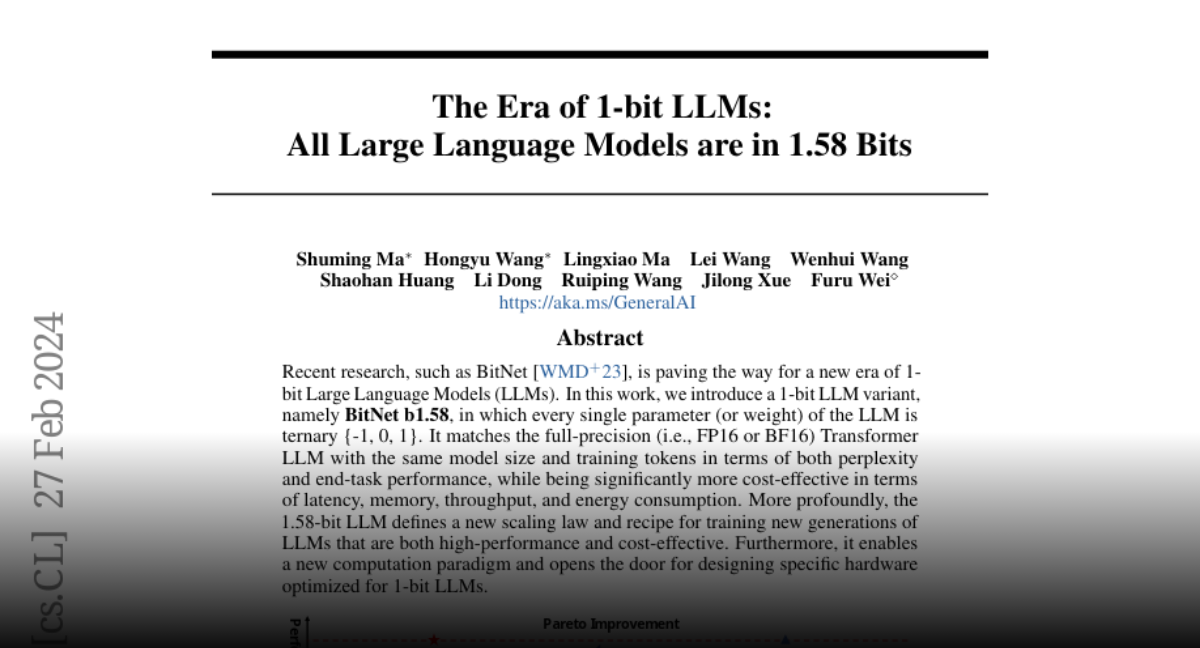There are some blog posts on annas-blog.org from 2022, talking about IPFS.
- Posts
- 5
- Comments
- 266
- Joined
- 3 yr. ago
- Posts
- 5
- Comments
- 266
- Joined
- 3 yr. ago
Matrix @lemmy.ml Anyone tried a Matrix <-> Discord bridge?
- JumpDeleted
Permanently Deleted
LocalLLaMA @sh.itjust.works Alice in Wonderland: Simple Tasks Showing Complete Reasoning Breakdown in SOTA Large Language Models
Piracy: ꜱᴀɪʟ ᴛʜᴇ ʜɪɢʜ ꜱᴇᴀꜱ @lemmy.dbzer0.com Which *arr for file hosters?
LocalLLaMA @sh.itjust.works The Era of 1-bit LLMs: All Large Language Models are in 1.58 Bits
Open Source @lemmy.ml Is there an Online Shop / eCommerce solution that is entirely Free Software?


I think they don't take inspiration from Photoshop. Either it's been a clone of a different product at some time or they developed it themselves. Hence the differences. I mean the whole UI doen't really resemble similarity to Photoshop.